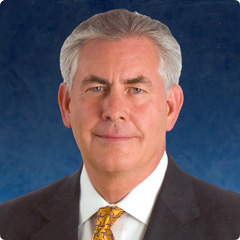 I listened sadly on the news last night to the conviction with which the Climate Change Minister Tim Groser announced “This is not the time to put the foot on the accelerator”. Admittedly he followed immediately with “nor, as the climate change sceptics would have wanted us to do, to back the ETS truck up the drive”, but the unfortunate image remaining is of the ETS truck sitting idling at the foot of the drive waiting, or at best crawling at snail’s pace along the road.
I listened sadly on the news last night to the conviction with which the Climate Change Minister Tim Groser announced “This is not the time to put the foot on the accelerator”. Admittedly he followed immediately with “nor, as the climate change sceptics would have wanted us to do, to back the ETS truck up the drive”, but the unfortunate image remaining is of the ETS truck sitting idling at the foot of the drive waiting, or at best crawling at snail’s pace along the road.
Groser is not a climate change sceptic. He claims to fully accept the science. But he obviously does not accept the science when it says that it is already past time when we should have begun reducing emissions, and the window of opportunity is near closing. In other words this is the time to put the foot on the accelerator if we place any value on the human future, or have any care for those already enduring the adverse effects of warming.
Continue reading “Government confirms NZ ETS to be watered down”

 I sometimes wonder what the CEOs of fossil fuel companies think about the effect of their products on the atmosphere and whether they harbour any anxieties about climate change. One of them, Rex Tillerson of ExxonMobil, has told us how he views the matter in his reply to a question
I sometimes wonder what the CEOs of fossil fuel companies think about the effect of their products on the atmosphere and whether they harbour any anxieties about climate change. One of them, Rex Tillerson of ExxonMobil, has told us how he views the matter in his reply to a question  Will Hutton’s Observer
Will Hutton’s Observer  The
The  Indonesian President Susilo Bambang Yudhoyono gave an
Indonesian President Susilo Bambang Yudhoyono gave an